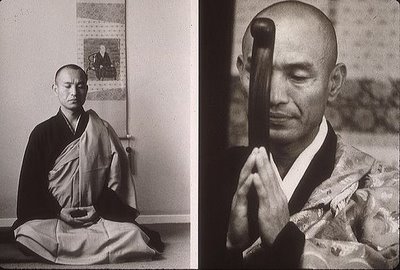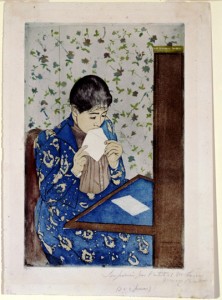I stayed home in my pajamas this morning filling out forms. My daughter has decided to apply to private high schools and I’m only now realizing what that entails. Rather a lot of forms and questions and tests and interviews, many benefactors, and a slate of events rich with expectation and anxiety.
I support her in this effort unreservedly. After nine years as a precocious public school student, she makes her case convincingly.
“I need a teacher,” she says.
And it is true that since those sweet years in the lower grades when she positioned herself wide-eyed and smiling at the front of a room of darling children, she has been squashed and lost in a class of 41 high-testing kids on whom the burden of excellence is placed without concomitant resources: without time or attention; absent relationship; void of eye contact; empty of personal encouragement; and even shy of enough books, tables and chairs. Not every student appreciates a teacher in the same way, but my daughter says she does and so I stayed home in my pajamas today.
A teacher is important. A teacher is the most important thing of all. Go as far as you need to go to find a teacher. There is a teacher waiting for you.
******
It was near the end of his time at home, and my father-in-law was deep in dementia.
He would sit alone for hours in an empty room, and if you should enter quietly, he would make the kindest conversation.
“You look pretty today,” he said. He said this to all women.
“Did you come with that fellow?” he asked about the son whom he no longer recognized.
“Where did you find that girl?” he asked about his granddaughter. I answered simply, because I wasn’t here to remind him of anything. “She’s my daughter.”
“She looks very pretty today.”
He was quiet, then up from the vacancy came one last thing.
“I’ve been very lucky in my life. I’ve had many teachers,” he said, giving me another.
*******
Granted, he didn’t look like much—a scrawny fellow, no taller than me, wearing mended clothes. You might suppose it is some grand philosophy that draws us to the spirit — a theory of the cosmos — but it is the feet, the hands, the eyes, this miserable scrap of human life. Luckily for those of us with a wayward sense of direction, a Zen retreat consists largely of following in the footsteps of the person who stands in front of you. I was mesmerized by Maezumi’s sure, elegant footfall. He moved, when he moved, like Kilimanjaro. I would have followed him anywhere. I guess you could say I did, although it led no farther than my own home. Once you realize you are lost, everything you see is a sign pointing home. — Paradise in Plain Sight, May 2014

Excerpted from Paradise in Plain Sight ©2014 by Karen Maezen Miller. Printed with permission of New World Library, Novato, CA. www.newworldlibrary.com


 In yesterday’s mail there was an envelope from my sister. Inside a drawer of old Christmas cards she’d found a note that I sent to my mom after Christmas 1993.
In yesterday’s mail there was an envelope from my sister. Inside a drawer of old Christmas cards she’d found a note that I sent to my mom after Christmas 1993.

 If you want time, give away your preoccupations.
If you want time, give away your preoccupations. I had begged my father to take me to the store. It was the day before Christmas, and I had nothing to give to my mother except an art project I had brought home from school, a picture made with painted macaroni. How embarrassing. Even in kindergarten I knew that it wasn’t a real gift. It wasn’t good enough. It wasn’t the kind of thing anyone wants or gets. Remembering it, I can feel the full extent of a five-year-old’s self-criticism and shame. Dad took me to a convenience store and I emptied my piggy bank for a set of plastic drink coasters.
I had begged my father to take me to the store. It was the day before Christmas, and I had nothing to give to my mother except an art project I had brought home from school, a picture made with painted macaroni. How embarrassing. Even in kindergarten I knew that it wasn’t a real gift. It wasn’t good enough. It wasn’t the kind of thing anyone wants or gets. Remembering it, I can feel the full extent of a five-year-old’s self-criticism and shame. Dad took me to a convenience store and I emptied my piggy bank for a set of plastic drink coasters. Years ago when I was doing one of my first internet interviews the host said something that caught me off guard. She said, “Isn’t it hard for you to live in a place like that?”
Years ago when I was doing one of my first internet interviews the host said something that caught me off guard. She said, “Isn’t it hard for you to live in a place like that?”



 What have you imparted to your daughter?
What have you imparted to your daughter?
